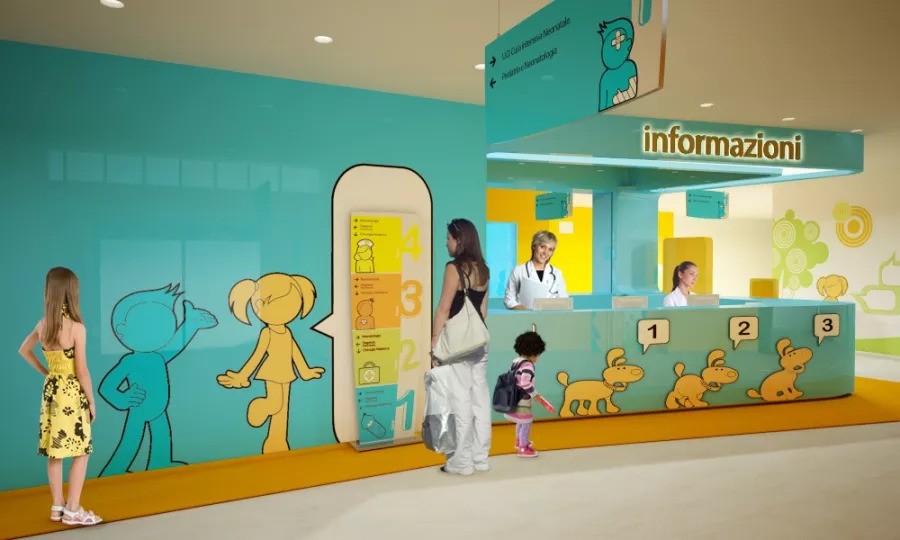In the realm of healthcare, pediatric hospitals stand as bastions of hope and healing for children and families facing medical challenges. Beyond their primary function of providing medical care, pediatric hospitals also play a pivotal role in advocacy and action, championing for the well-being of children and shaping policies that impact their lives. In this blog, we explore the multifaceted role of Leading Pediatric Hospital in Hyderabad in advocating for children’s health and driving impactful change.
The Heart of Pediatric Healthcare
Pediatric hospitals are more than just medical facilities; they are compassionate communities dedicated to the holistic care of children. From the moment a child enters their doors, these hospitals prioritize not only the treatment of ailments but also the emotional and psychological well-being of young patients and their families.
Advocacy: Giving Voice to the Vulnerable
Advocacy lies at the core of pediatric hospitals’ missions. They serve as advocates for children who may not have a voice in policy-making circles. By leveraging their expertise and experience, pediatric hospitals advocate for policies and programs that prioritize children’s health and address the unique needs of pediatric patients.
Advocacy efforts may include:
- Healthcare Access: Pediatric hospitals work to ensure that all children, regardless of socioeconomic status or background, have access to quality healthcare services. They advocate for policies that expand access to healthcare coverage, specialty care, and preventive services for children and families.
- Research and Innovation: Pediatric hospitals often spearhead research initiatives aimed at advancing medical knowledge and improving treatment options for childhood illnesses and conditions. Through advocacy, they seek funding and support for pediatric research, driving innovation in pediatric medicine.
- Childhood Nutrition and Wellness: Recognizing the importance of nutrition and wellness in children’s health, pediatric hospitals advocate for policies that promote healthy eating habits, physical activity, and access to nutritious foods in schools and communities.
- Child Safety and Injury Prevention: Pediatric hospitals advocate for measures to enhance child safety and prevent injuries, such as promoting car seat and seatbelt use, advocating for safe playgrounds, and raising awareness about the risks of childhood accidents.
Driving Policy Change
Pediatric hospitals wield significant influence in shaping healthcare policy at the local, national, and even international levels. Through partnerships with government agencies, advocacy organizations, and community stakeholders, pediatric hospitals advocate for policies that prioritize children’s health and well-being.
Their efforts may involve:
- Legislative Advocacy: Pediatric hospitals engage with policymakers to advocate for legislation that supports pediatric healthcare initiatives, such as funding for pediatric research, expansion of pediatric specialty services, and investments in children’s mental health programs.
- Community Outreach and Education: Pediatric hospitals educate families, caregivers, and communities about children’s health issues and empower them to become advocates for their children’s well-being. By raising awareness and providing resources, they foster a culture of health and advocacy within communities.
- Coalition Building: Pediatric hospitals collaborate with other healthcare institutions, advocacy groups, and stakeholders to build coalitions and amplify their advocacy efforts. By uniting diverse voices and perspectives, they strengthen their advocacy impact and drive meaningful change.
The Path Forward
As champions for children’s health, pediatric hospitals have a profound responsibility to advocate for policies and initiatives that prioritize the well-being of young patients and their families. Through steadfast advocacy and action, pediatric hospitals can help shape a healthier, more equitable future for all children.
